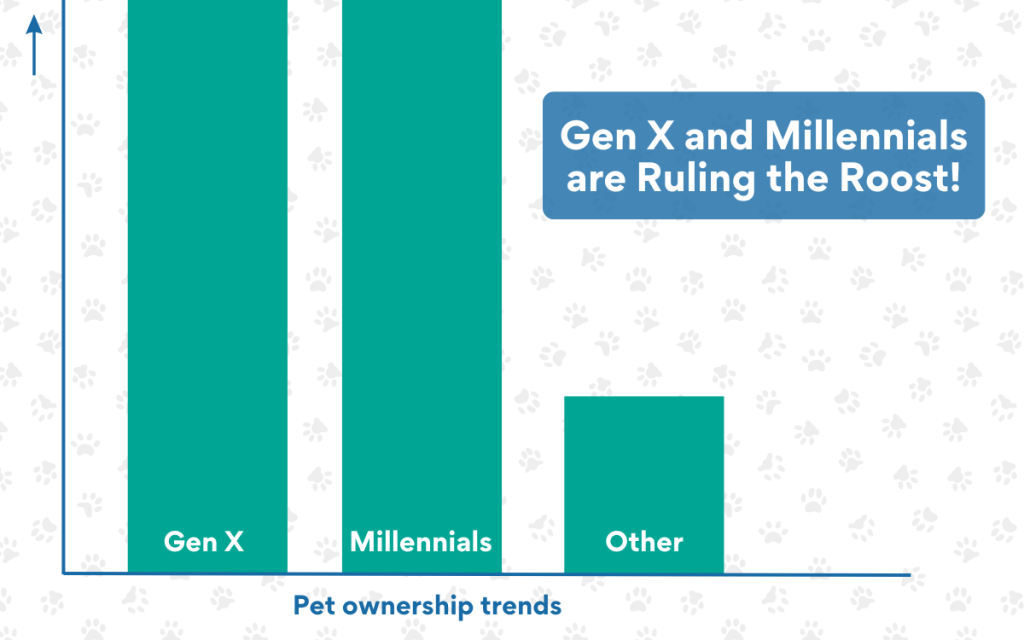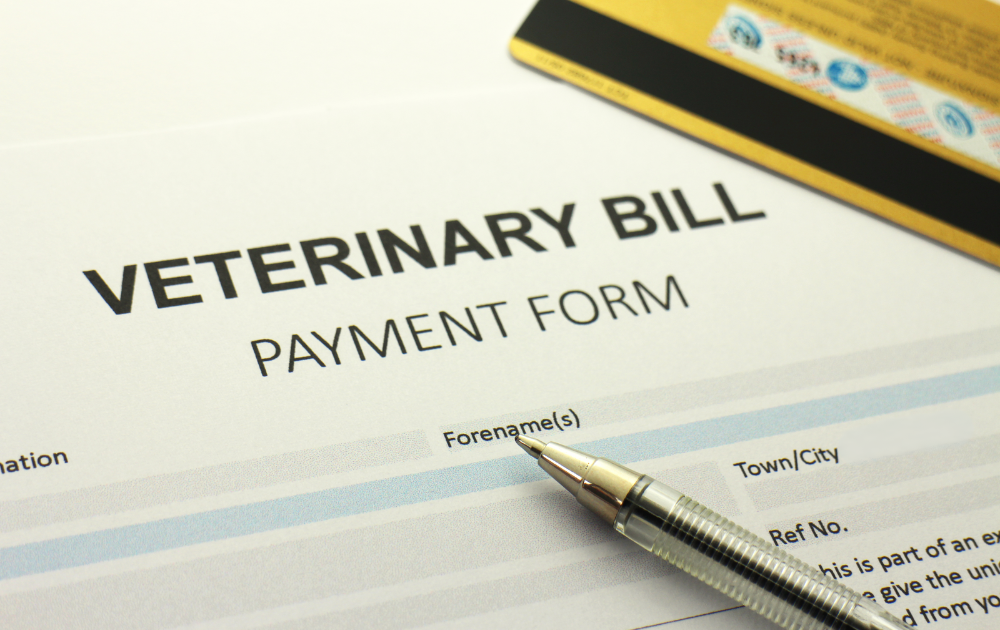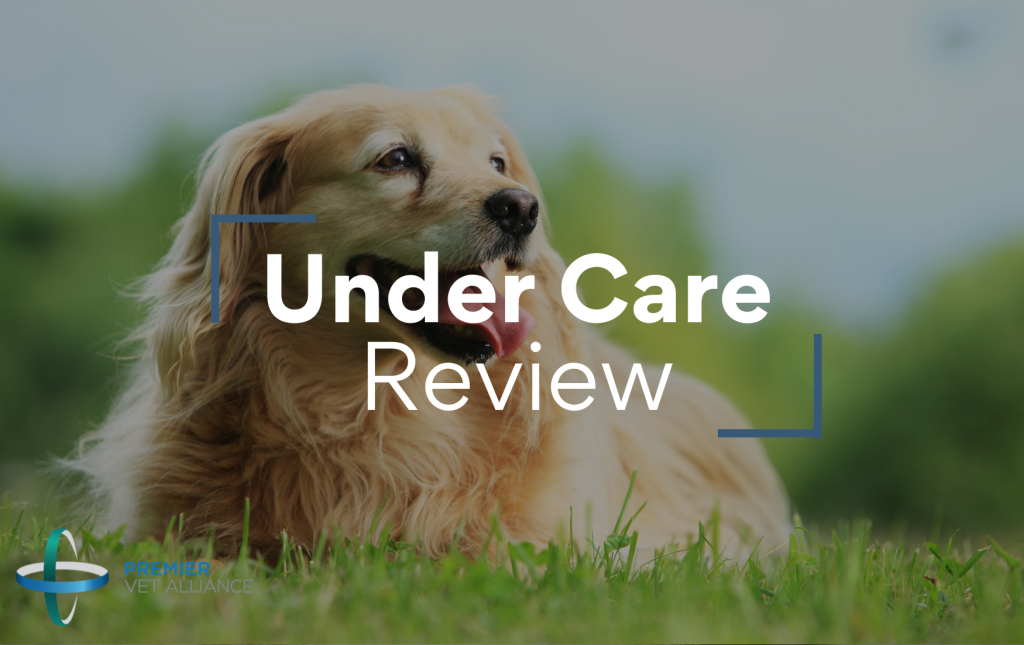15th January 2024
How Does the RCVS Regulation Affect Pet Health Plans?

Almost everyone in the veterinary sector is aware of the recent updates to the RCVS ‘under care’ and prescribing guidance – but what do they mean for your practice’s pet health plan? We’ve put together an overview of the key things to consider.
While most of the new guidance came into effect on 1st September 2023, the new rules on anti-parasitic treatments were delayed and came into force on 12th January 2024, giving practices time to adapt their existing protocols.
Many of the changes don’t affect pet health plans, but there’s one notable area which does: anti-parasitic drug prescribing.
The new rules require pets to be physically examined at the time that any anti-parasitic treatment is prescribed. In many cases, this is as simple as prescribing 12 months’ worth of parasite treatments at pets’ annual vaccinations, and dispensing these in instalments as part of a practice health plan.
However, the new guidance was intended to draw attention to the use of anti-parasitic products, ensuring prescribing is responsible and appropriate for individual pets’ needs. Valid prescriptions must be individualised, naming specific medications and not taking a blanket approach.
So, what are some of the main things for you – and your practice – to consider?
1. Selecting appropriate products
Responsible prescribing of anti-parasitic products includes assessing individual pets’ risk level and selecting appropriate products. Ensuring pets are protected is vital, but regular use of broad-spectrum products should be justified based on pets’ level of risk and exposure to parasites such as ticks and nematodes. Indoor pets, for example, may be at lower risk than their outdoor counterparts.
It’s also important to select products that suit the pet’s lifestyle and protect the environment. There is growing concern that the widespread use of spot-on formulations for pets that frequently swim outdoors is contributing to environmental contamination. In such cases, it may be worth prescribing oral anti-parasitic products as part of your pet health plan.
2. Frequency of prescription
Another consideration is the frequency of application that is prescribed. While many products are designed to be used monthly, for other products like tapeworm treatments the frequency of use may be based on lifestyle factors, with indoor pets requiring less frequent worming than those that are avid hunters or scavengers, for example.
3. Unused products
While pet health plans significantly increase compliance with recommended anti-parasitic treatments, some owners will find that they miss a dose or do not use all of their products. In these cases, in addition to discussing their ongoing prescription needs, it’s worthwhile clearly offering disposal services to ensure any unused products are handled appropriately.

4. Parasite check-ups
While the delayed implementation of the new anti-parasitic guidance has given practices some time to alter their protocols, there will still be some owners requesting their regular parasite treatments that do not have an up-to-date prescription. Other pets may have an up-to-date prescription but need to change products due to weight change, an adverse reaction, travel plans or poor compliance with a specific product.
Deciding how to manage these requests for parasite treatment is down to individual practices, while ensuring they are adhering to the RCVS regulations. It’s worth considering that clients on pet health plans may be particularly frustrated at paying for an additional consultation if they were advised their parasite treatments would be included on their plan.
5. Keep clients in the loop
Miscommunications and misunderstandings fuel frustration. With clients increasingly concerned about veterinary costs, it’s important to be open regarding the new advice and ensure owners understand the reasons behind any changes in practice protocol.
Notifying owners of the changes before they’re in urgent need of their usual anti-parasitic products can help to avoid negative interactions and maintain client satisfaction.
Anti-parasitic treatments are essential for pets’ health, and in the long-run these changes are unlikely to significantly affect your practice’s pet health plan. By ensuring your practice follows responsible prescribing protocols and making sure your clients are kept up-to-date with any changes, you can make sure the transition period is as seamless as possible.
~~~~~~~~~~~~~~~~~~~~~~~~~~~~~~~~~~~~~~~~~
The full RCVS “Under Care Guidance” may be found here.
 UK
UK  USA
USA  France
France  Netherlands
Netherlands  ROI
ROI  Germany
Germany 























